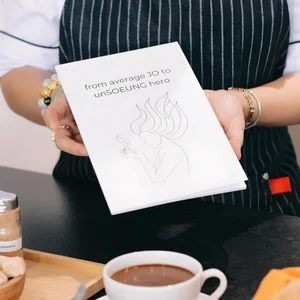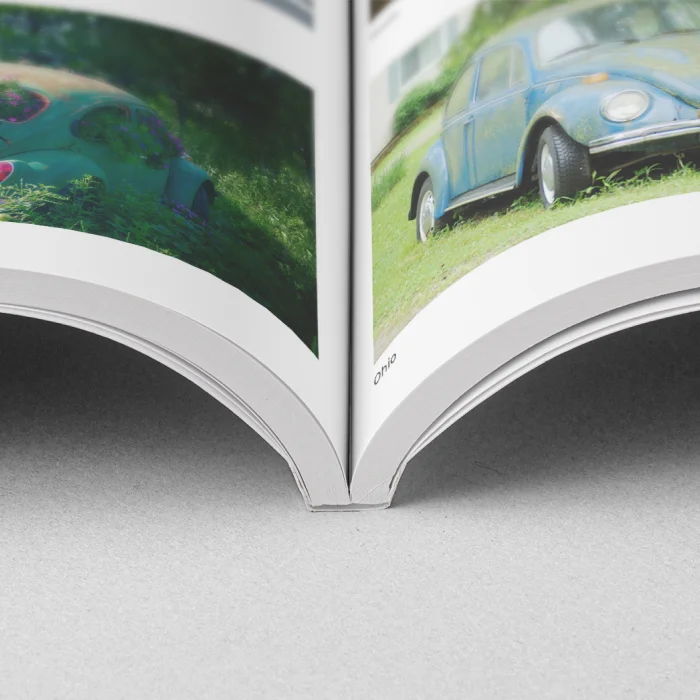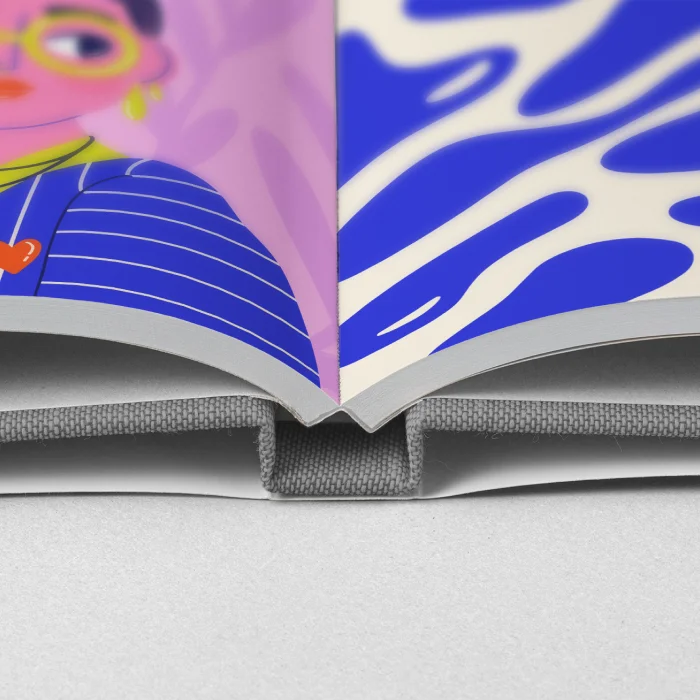Paperback and Hardcover Books
Explore popular styles

ImageWrap Hardcover
What makes it unique
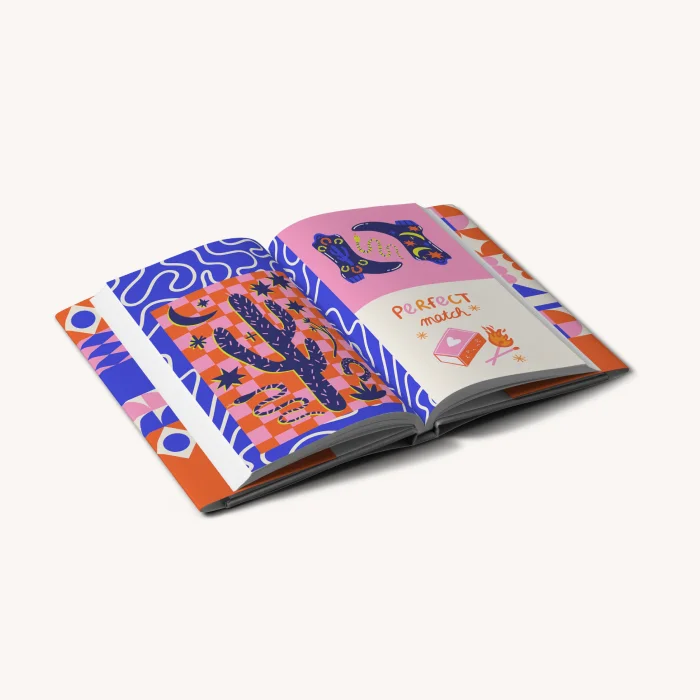
Linen Hardcover with Dust Jacket
What makes it unique
Why creators choose them
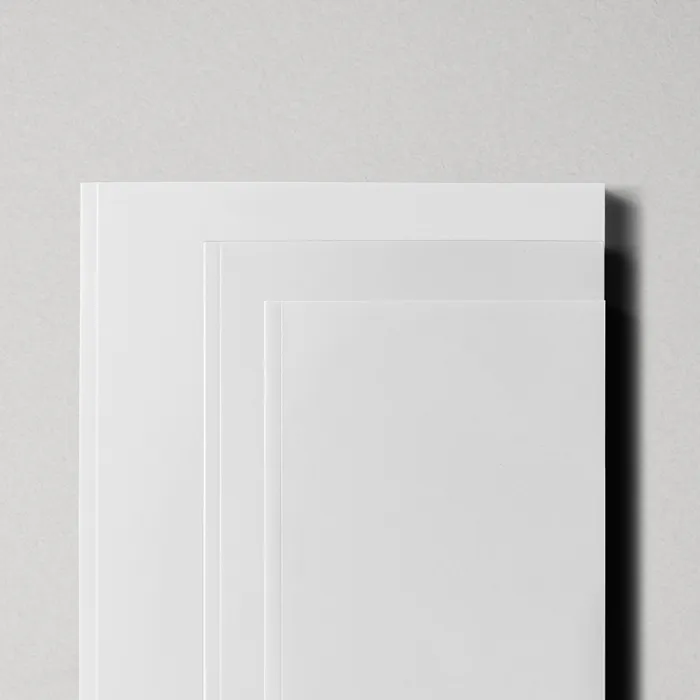
Standard sizing options
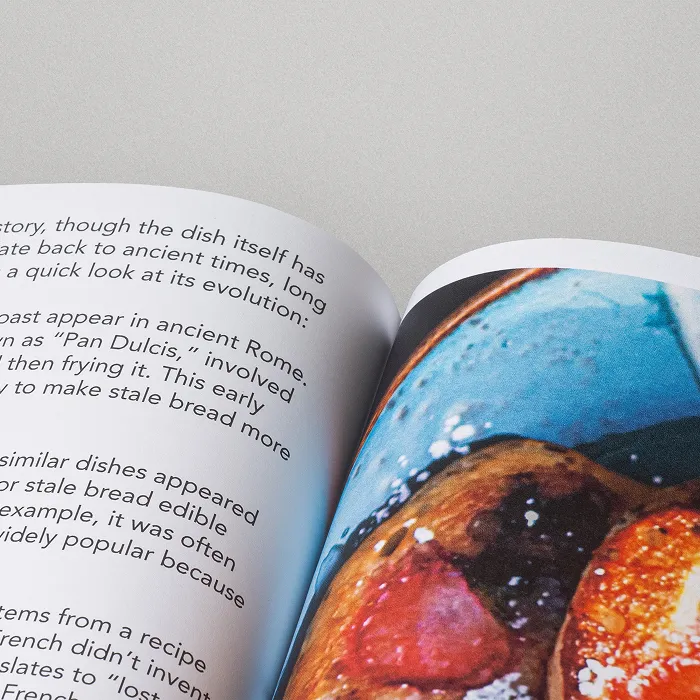
More affordable paper types
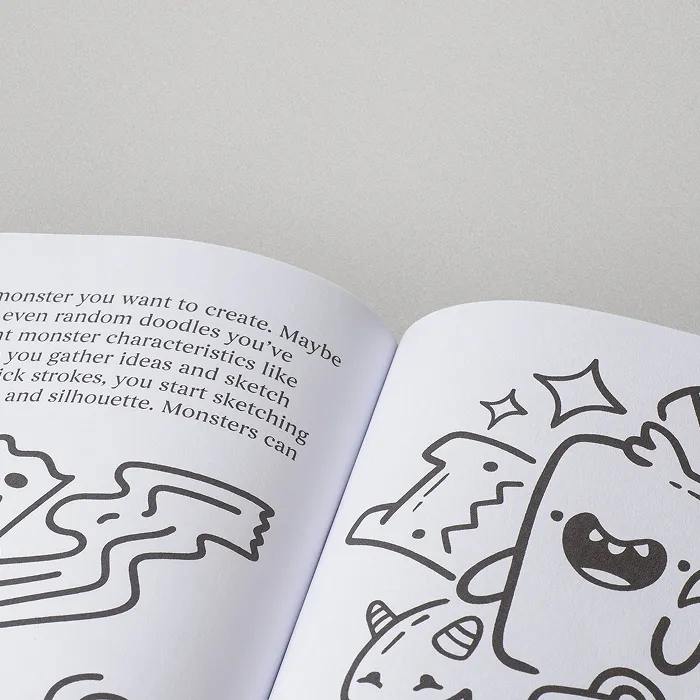
Great for art or text
Compare and create
ImageWrap Hardcover
Sizes
Sizes
5x8 in
6x9 in
8x10 in
5x8 in
6x9 in
8x10 in
Paper
Paper
Standard Black and White (50# White Uncoated, 75 GSM)
Economy Color (70# White Uncoated, 105 GSM)
Standard Color (70# White Uncoated, 105 GSM)
Standard Black and White (50# White Uncoated, 75 GSM)
Economy Color (70# White Uncoated, 105 GSM)
Standard Color (70# White Uncoated, 105 GSM)
Linen cover colors
Linen cover colors
-
-
Endsheet colors
Endsheet colors
-
White
Minimum page count
Minimum page count
24 pages
24 pages
Maximum page count
Maximum page count
480 pages
480 pages
Book creation tools
Book creation tools
BookWright by Blurb
Blurb Plugin for Adobe InDesign
Blurb Presets for Adobe Photoshop Lightroom Classic
Blurb PDF Uploader
BookWright by Blurb
Blurb Plugin for Adobe InDesign
Blurb Presets for Adobe Photoshop Lightroom Classic
Blurb PDF Uploader
Sell and distribute
Sell and distribute
Blurb bookstore
Ingram
Your own website
Blurb bookstore
Ingram
Your own website
Design your book
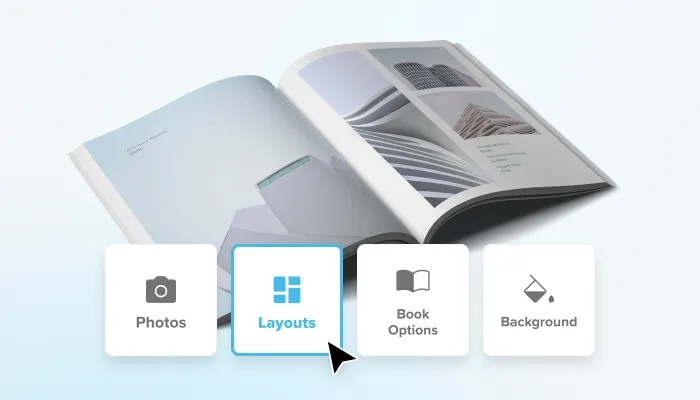
BookWright by Blurb
Our signature, free bookmaking software features custom templates and layout suggestions, plus quick and easy image retouching. It’s intuitive to use and loaded with extras.
Download now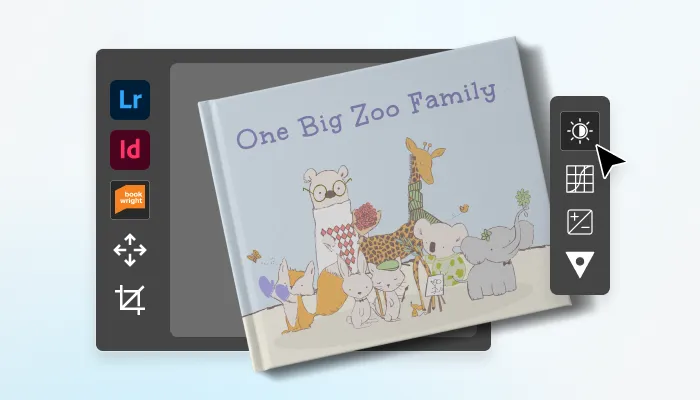
Adobe Integrations
If you’re a fan of designing using Adobe products, we’ve got you covered with plugins and presets. Just download and go—everything seamlessly integrates.
- Blurb plugin for Adobe InDesign
- Blurb presets for Adobe Photoshop Lightroom Classic
- Blurb PDF uploader
Desktop

BookWright by Blurb
Our signature, free bookmaking software features custom templates and layout suggestions, plus quick and easy image retouching. It’s intuitive to use and loaded with extras.
Download now Plugins & more

Adobe Integrations
If you’re a fan of designing using Adobe products, we’ve got you covered with plugins and presets. Just download and go—everything seamlessly integrates.
- Blurb plugin for Adobe InDesign
- Blurb presets for Adobe Photoshop Lightroom Classic
- Blurb PDF uploader
FAQs and Helpful Tips
Are hardcover and paperback books the same as Blurb Trade Books?
Yes, they are. We've updated the product names, but these are the same formats previously referred to as Blurb Trade Books.
"Trade book" is an industry term for standard-format paperback and hardcover books—commonly used by self-publishers and traditional publishers alike to create books for general audiences.
What is the difference between hardcover and paperback books?
Hardcover books are bound with hard, protective covers and are typically more durable and premium-looking. Paperback books have flexible, soft covers and are lighter and more cost-effective.
Our hardcover books are available with an ImageWrap hardcover or a Linen hardcover with a dust jacket. Our paperback books are available with an ImageWrap softcover.
What type of book can I make?
Paperback and hardcover books are ideal for projects with a mix of images and words, or just words alone, including novels, memoirs, poetry collections, journals, notebooks, children’s books, how-to-guides and more.
What is the page limit for a paperback or hardcover book?
A paperback or hardcover book must have a minimum of 24 pages and a maximum of 480 pages.
How much does it cost to make a paperback book with Blurb?
The cost of a paperback book varies based on size, page count, paper type, and the number of copies printed. For example, a 5x8-inch paperback book starts at around $3.99, while the cost of a larger 8x10-inch paperback book starts at $6.99. Discounts start at 10 copies, with additional volume printing options available. For a custom estimate, try our pricing calculator.
How much does it cost to make a hardcover book with Blurb?
The cost of a hardcover book varies based on size, cover type, page count, paper type, and the number of copies printed. For example, an 8x10 ImageWrap hardcover book with 70# White Uncoated paper starts at $22.99, while the cost of a 5x8 inch hardcover book with a dust jacket starts at $20.99. Discounts start at 10 copies, with additional volume printing options available. For a custom estimate, try our pricing calculator.









